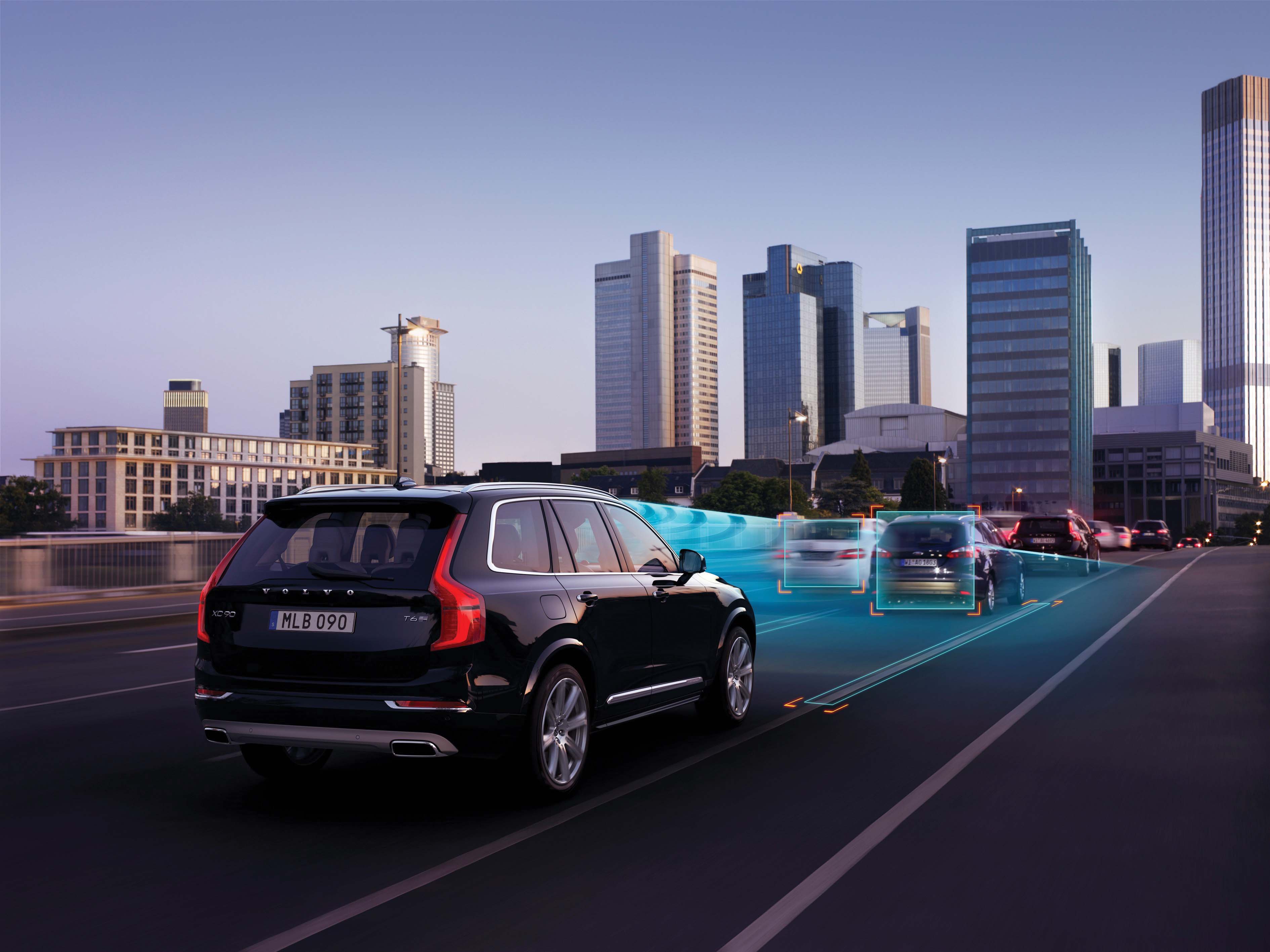As the Drive Me project enters its second year, Volvo Cars is moving rapidly towards the aim of placing 100 self-driving cars in the hands of customers on selected roads around Gothenburg by 2017. The key to making this unprecedented leap is a complex network of sensors, cloud-based positioning systems and intelligent braking and steering technologies. Volvo Cars’ Autopilot system is designed to be reliable enough to allow the car to take over every aspect of driving in autonomous mode. The main challenge i
RSSAs the Drive Me project enters its second year, 7192 Volvo Cars is moving rapidly towards the aim of placing 100 self-driving cars in the hands of customers on selected roads around Gothenburg by 2017. The key to making this unprecedented leap is a complex network of sensors, cloud-based positioning systems and intelligent braking and steering technologies.
Volvo Cars’ Autopilot system is designed to be reliable enough to allow the car to take over every aspect of driving in autonomous mode. The main challenge is to design an Autopilot that is robust for traffic scenarios as well as for technical faults that may occur. Drivers cannot be expected to be ready to suddenly intervene in a critical situation. Initially, the cars will drive autonomously on selected roads with suitable conditions, for example without oncoming traffic, cyclists and pedestrians.
On the road, the complete technology solution will handle even the most complicated scenarios, from smooth commuting to heavy traffic and emergency situations.
When autonomous driving is no longer possible, due to exceptional weather conditions, technical malfunction or the end of the route has been reached, the driver is prompted to take over again. If the driver does not take over in time, the car will bring itself to a safe place to stop.
“We are entering uncharted territory in the field of autonomous driving,” says Dr Peter Mertens, senior vice president Research and Development of Volvo Car Group. “Taking the exciting step to a public pilot, with the ambition to enable ordinary people to sit behind the wheel in normal traffic on public roads, has never been done before.
“Autonomous driving will fundamentally change the way we look at driving. In the future, you will be able to choose between autonomous and active driving,” says Mertens. “This transforms every day commuting from lost time to quality time, opening up new opportunities for work and pleasure.”
“Making this complex system 99 per cent reliable is not good enough. You need to get much closer to 100 per cent before you can let self-driving cars mix with other road users,” says Dr Erik Coelingh, technical specialist at Volvo Cars. “Here, we have a similar approach to that of the aircraft industry. Backup systems will ensure that Autopilot will continue to function safely, also if an element of the system were to become disabled.”
“Just as good drivers would, potentially critical situations are approached with sensible caution. In a real emergency, however, the car reacts faster than most humans,” says Coelingh.
Volvo Cars’ Autopilot system is designed to be reliable enough to allow the car to take over every aspect of driving in autonomous mode. The main challenge is to design an Autopilot that is robust for traffic scenarios as well as for technical faults that may occur. Drivers cannot be expected to be ready to suddenly intervene in a critical situation. Initially, the cars will drive autonomously on selected roads with suitable conditions, for example without oncoming traffic, cyclists and pedestrians.
On the road, the complete technology solution will handle even the most complicated scenarios, from smooth commuting to heavy traffic and emergency situations.
When autonomous driving is no longer possible, due to exceptional weather conditions, technical malfunction or the end of the route has been reached, the driver is prompted to take over again. If the driver does not take over in time, the car will bring itself to a safe place to stop.
“We are entering uncharted territory in the field of autonomous driving,” says Dr Peter Mertens, senior vice president Research and Development of Volvo Car Group. “Taking the exciting step to a public pilot, with the ambition to enable ordinary people to sit behind the wheel in normal traffic on public roads, has never been done before.
“Autonomous driving will fundamentally change the way we look at driving. In the future, you will be able to choose between autonomous and active driving,” says Mertens. “This transforms every day commuting from lost time to quality time, opening up new opportunities for work and pleasure.”
“Making this complex system 99 per cent reliable is not good enough. You need to get much closer to 100 per cent before you can let self-driving cars mix with other road users,” says Dr Erik Coelingh, technical specialist at Volvo Cars. “Here, we have a similar approach to that of the aircraft industry. Backup systems will ensure that Autopilot will continue to function safely, also if an element of the system were to become disabled.”
“Just as good drivers would, potentially critical situations are approached with sensible caution. In a real emergency, however, the car reacts faster than most humans,” says Coelingh.







